
Many famous movie lines and scenes aren’t actually how people remember them. Thanks to repeated references in popular culture, memories of films often get distorted. People commonly misquote dialogue or believe events happened that didn’t. This guide sets the record straight on some of the most widespread movie mix-ups.
‘Star Wars: Episode V – The Empire Strikes Back’ (1980)
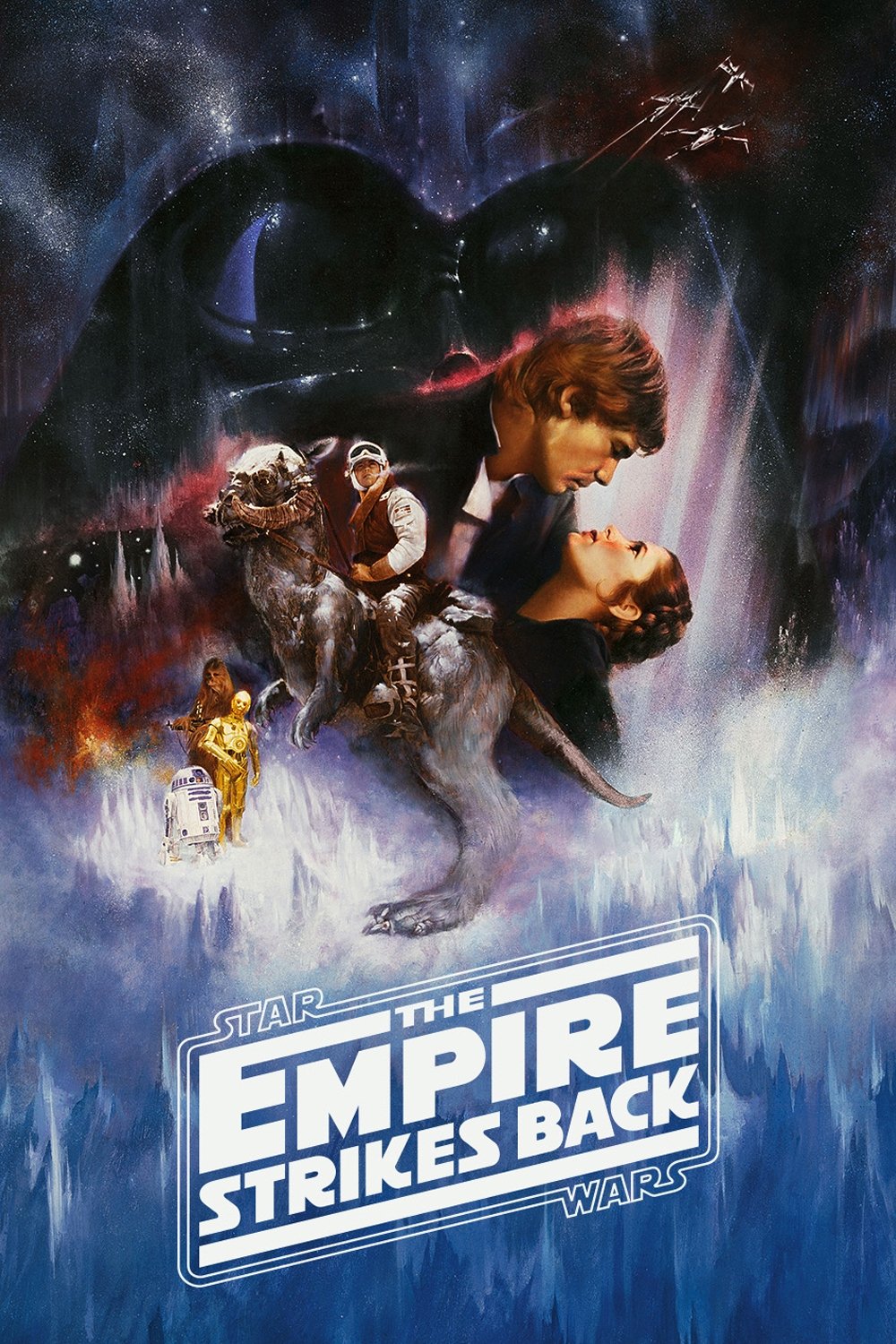
Despite what many believe, Darth Vader doesn’t actually say “Luke, I am your father.” During their fight, he simply states, “No, I am your father.” The misquoted line became popular because saying “Luke” clarifies who he’s talking about when people discuss the movie.
‘Casablanca’ (1942)
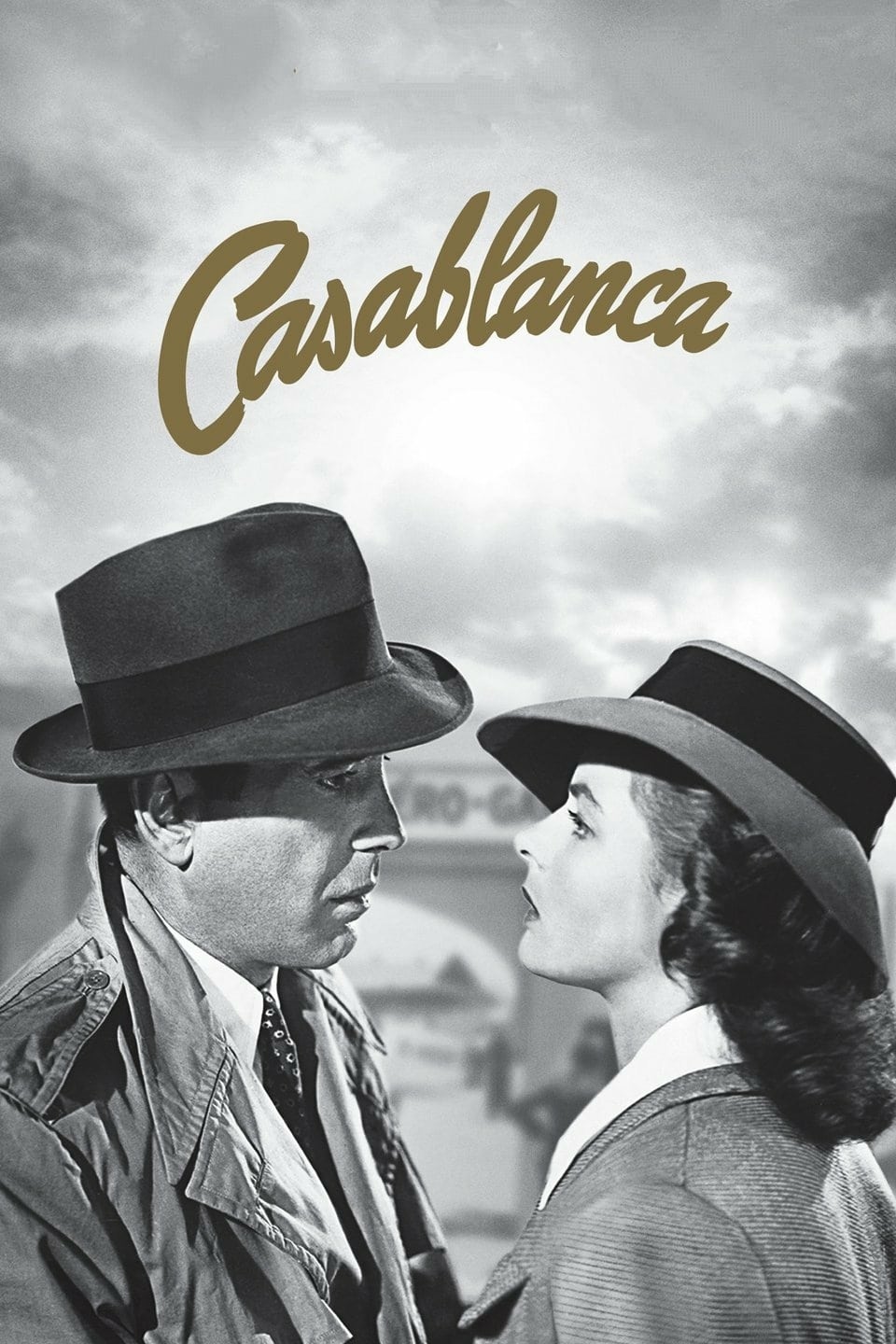
The famous line “Play it again, Sam” is actually a misremembered quote from the movie Casablanca. It’s Ilsa Lund, not Rick Blaine, who first asks Sam to play the song. Later, a heartbroken Rick simply shouts “Play it!” at the pianist. Over time, parodies and references have cemented the incorrect “Play it again, Sam” phrase in popular culture.
‘The Silence of the Lambs’ (1991)

Okay, so as a huge fan of The Silence of the Lambs, I’ve always been a little bothered by something. Everyone remembers Hannibal Lecter saying “Hello, Clarice” to Agent Starling when she first meets him, but that’s actually not what happens! He just says “Good morning.” He does use her name a lot throughout the movie, but never in that specific way. I think the misquote took off because it just sounds so much creepier and really captures the tension between them – it’s a more dramatic line than what actually happens, and people ran with it.
‘Snow White and the Seven Dwarfs’ (1937)
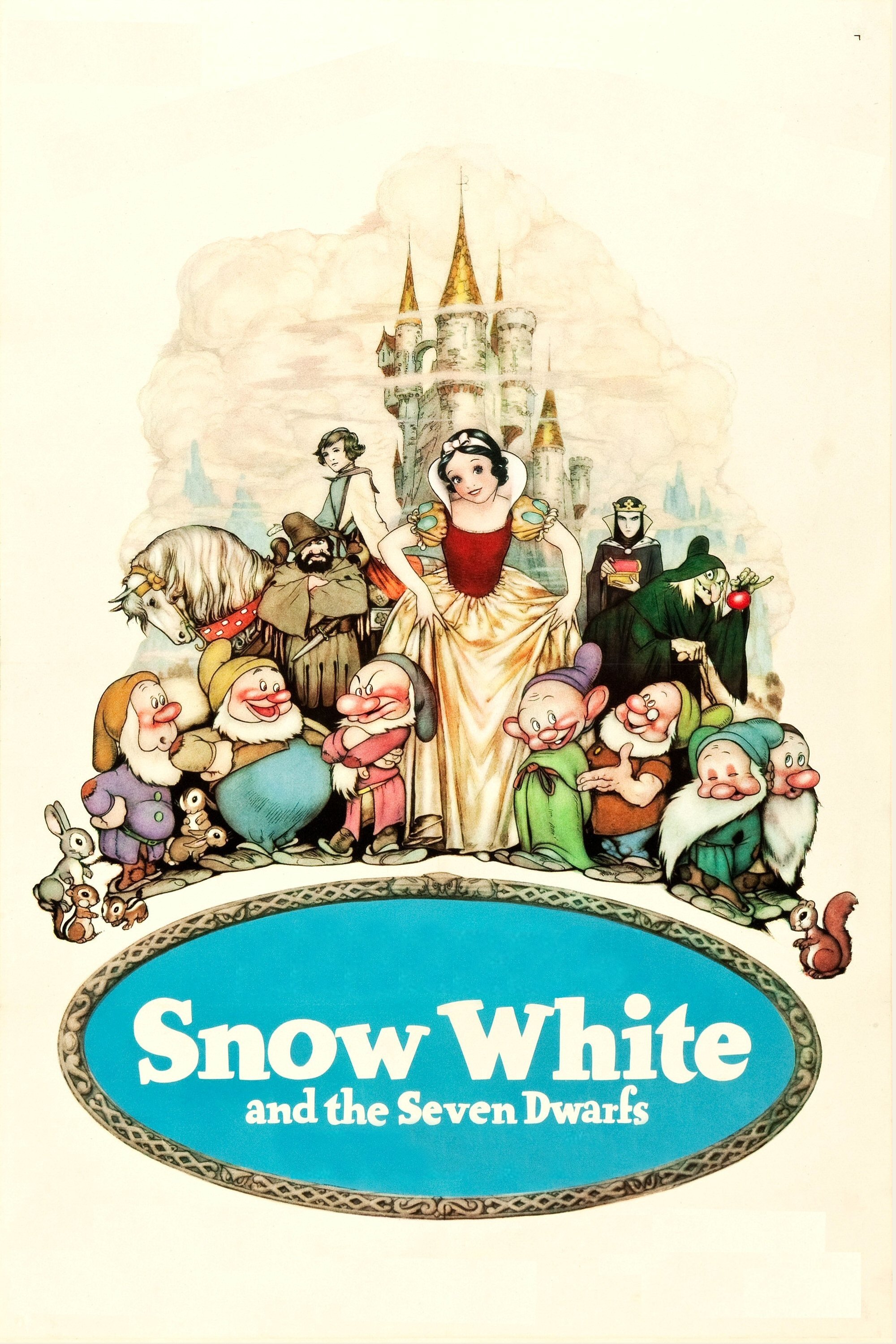
The Evil Queen’s famous line isn’t quite as many people recall. She originally says, “Magic mirror on the wall,” but it’s become widely known as “Mirror, mirror on the wall.” The altered version is more memorable and easier for kids to say, and while the original wording exists in the story, the repeated phrase is what’s stuck with audiences.
‘The Wizard of Oz’ (1939)
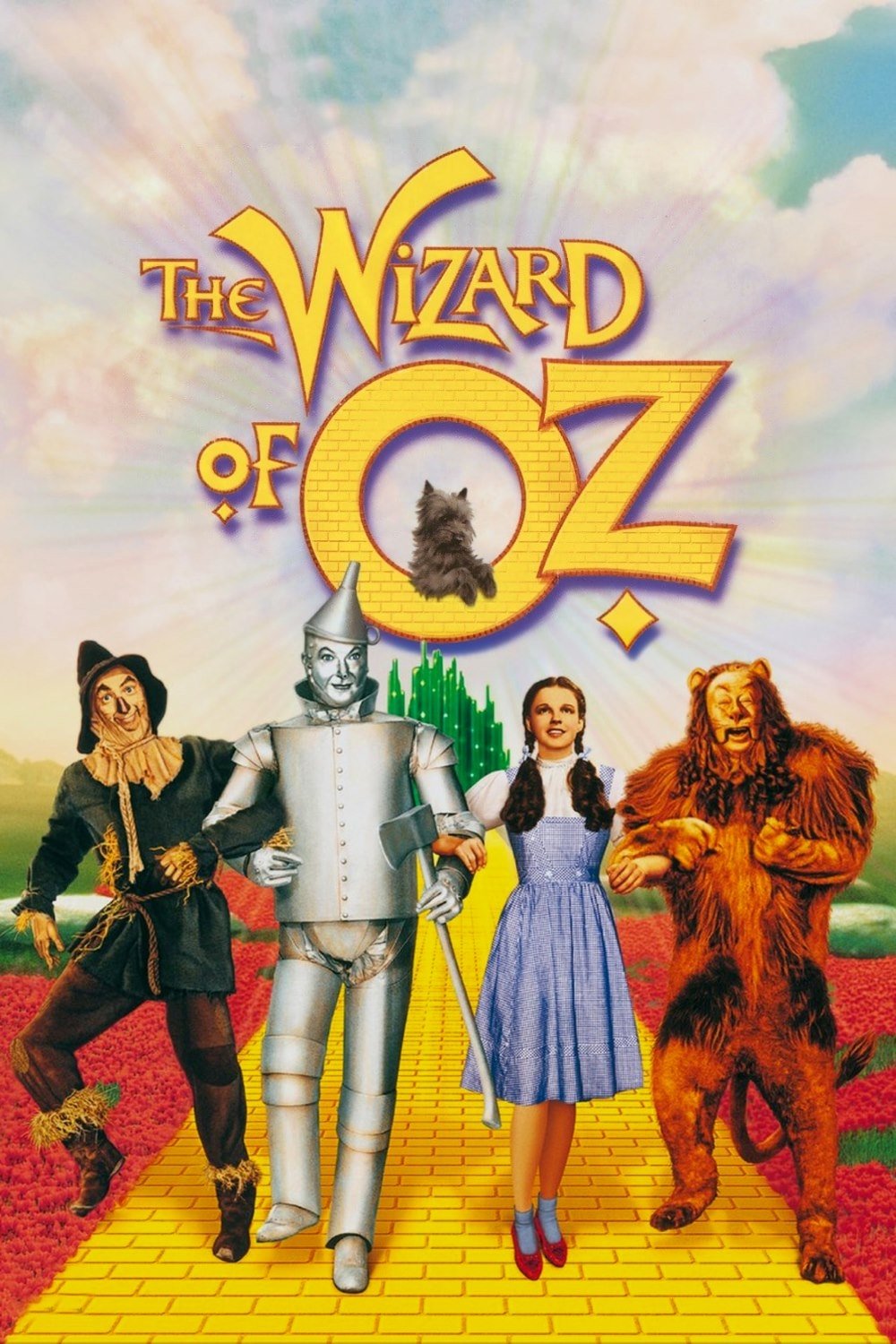
As a lifelong movie fan, I always thought the Wicked Witch of the West famously shrieked “Fly, my pretties, fly!” when she sent her monkeys after Dorothy. But it turns out that’s a bit of a memory mashup! She does call Dorothy ‘my pretty’ at other points, and she does tell the monkeys to fly, but never in that one, iconic sentence. Over time, we all just combined those separate lines into something more dramatic. The actual line in the script isn’t as snappy, but it still gets the job done – it’s still plenty menacing!
‘Field of Dreams’ (1989)
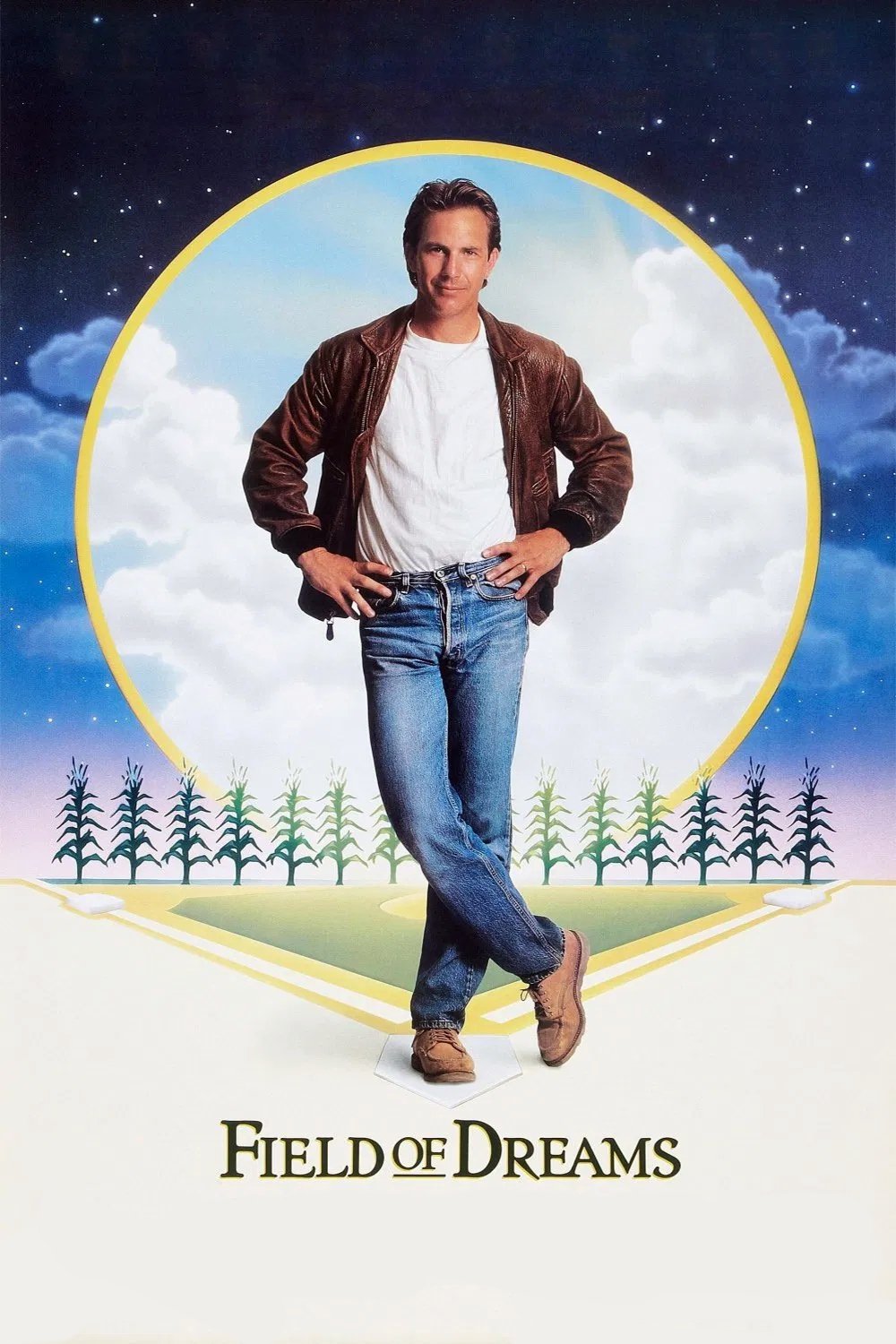
Ray Kinsella hears a voice in his cornfield making a specific promise: if he builds a baseball field, his father will return. Over time, people often remember the voice saying “they” will come, referring to the whole team that eventually appears. However, the heart of the story is really about a single father and son reconnecting.
‘Jaws’ (1975)
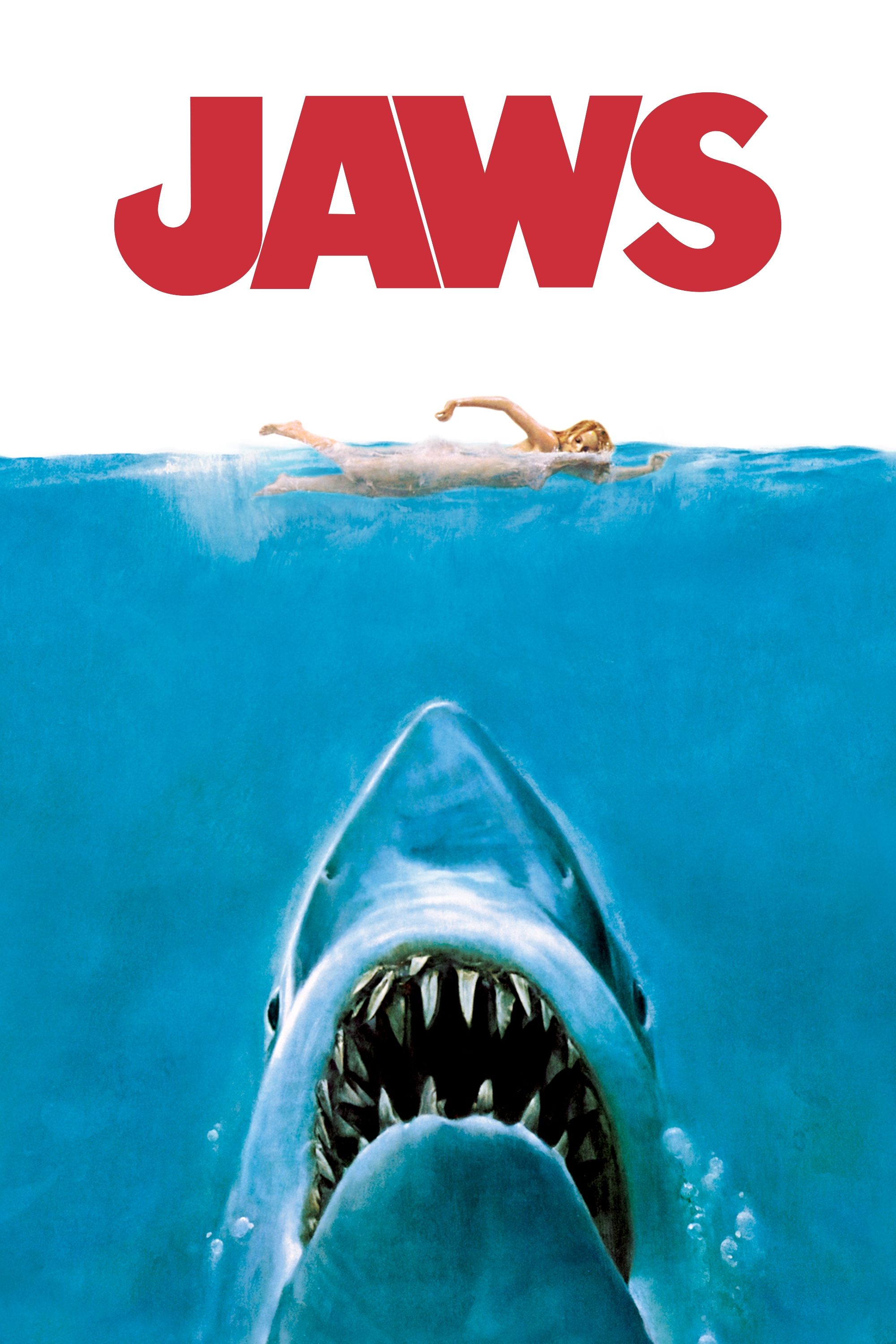
Chief Brody famously says, “You’re gonna need a bigger boat” to Quint while slowly moving backwards into the Orca’s cabin. Interestingly, he actually uses “you” instead of “we.” This isn’t a comment on their situation as a team, but a direct observation that Quint’s boat isn’t big enough for the task. This small change in wording shifts the meaning from a shared problem to a pointed warning aimed at the captain.
‘Star Trek’ (1966–1969)
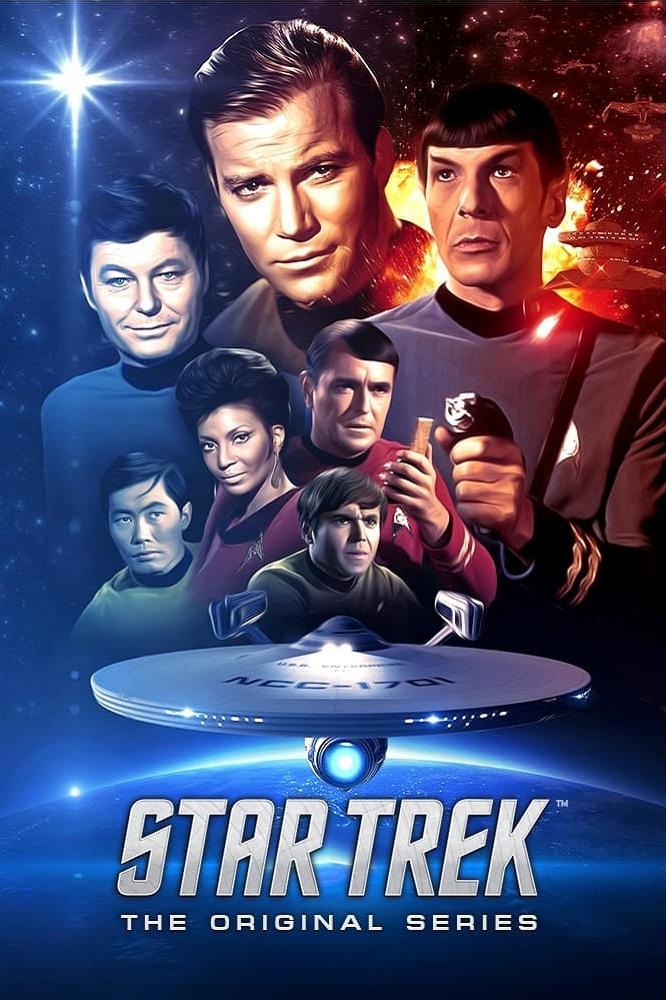
As a huge Star Trek fan, I always thought Captain Kirk said “Beam me up, Scotty!” But apparently, he never actually said it exactly like that on the original show! He’d usually say things like “Scotty, beam us up” or just “Energize.” It’s wild to think that such an iconic line was actually created by fans – and even sticker companies! – to represent the show’s teleportation. It became so well-known that James Doohan, the actor who played Scotty, ended up using it as the title for his autobiography, which is pretty amazing.
‘Frankenstein’ (1931)
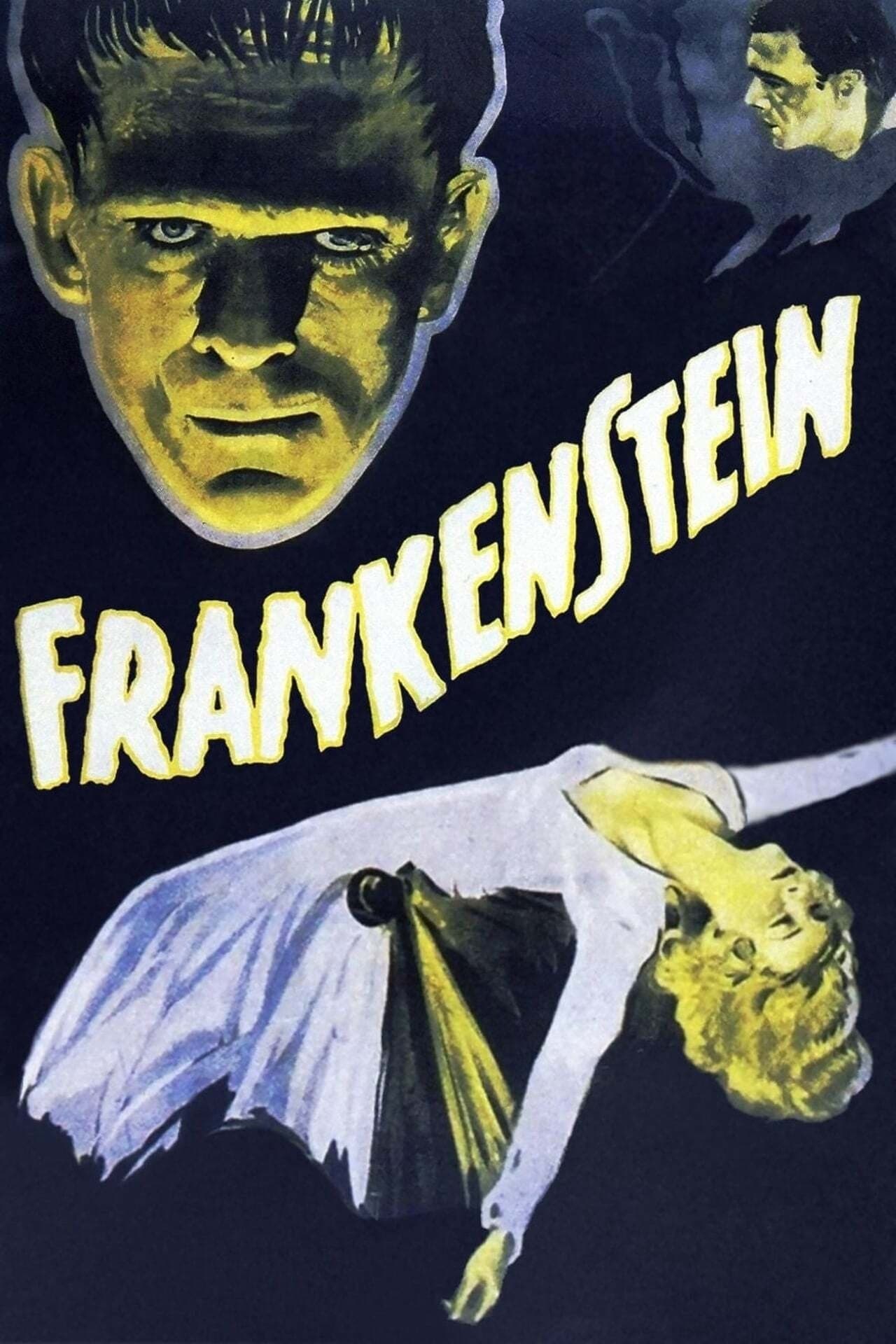
The classic movie monster often called “Frankenstein” is actually created by Dr. Henry Frankenstein. The character is officially known as “The Monster” and isn’t given a name in the film itself. For almost a hundred years, however, people have mistakenly referred to the monster using the doctor’s last name.
‘Apollo 13’ (1995)
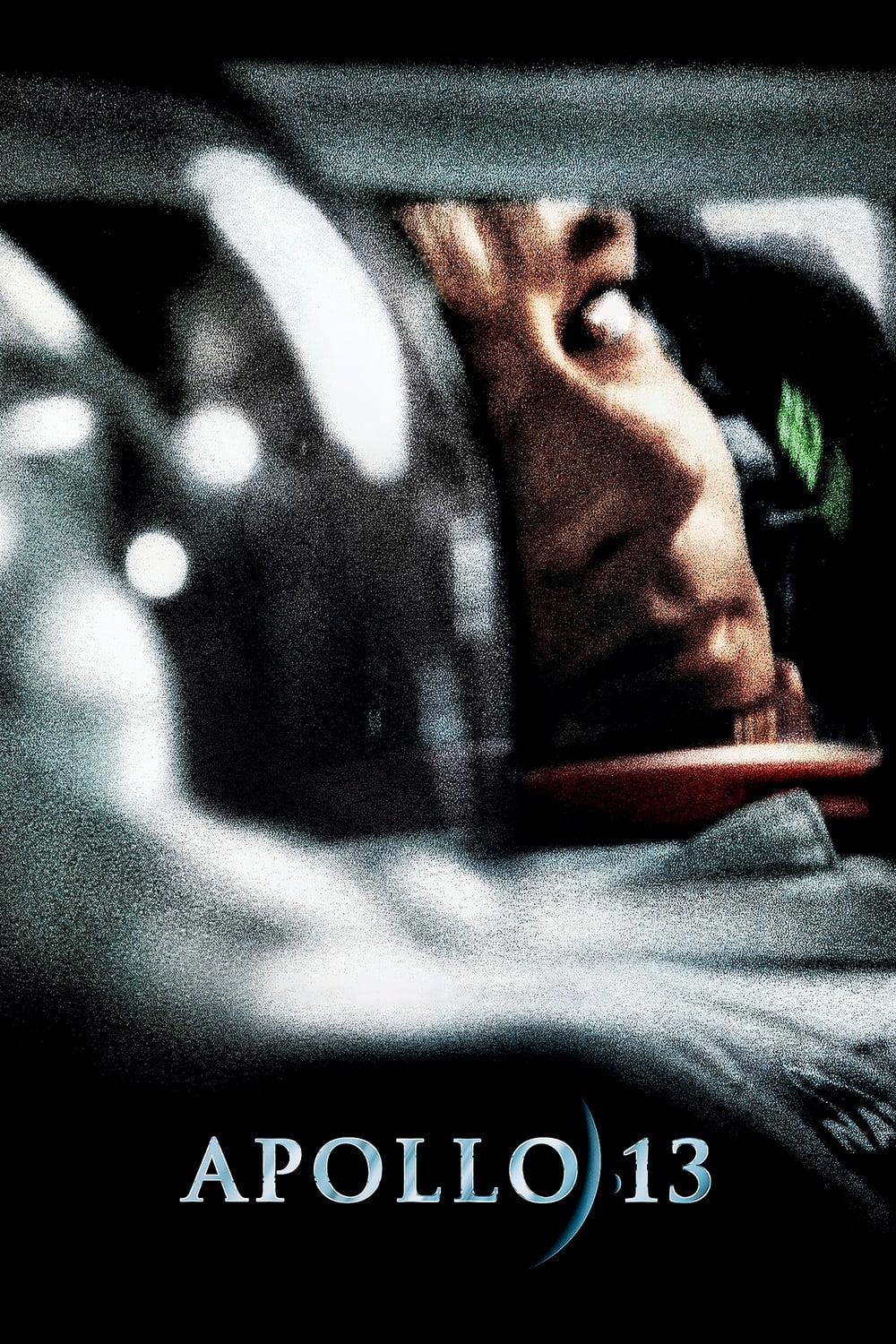
In the movie Apollo 13, Tom Hanks says, “Houston, we have a problem” to let mission control know about the explosion. However, the actual astronaut Jim Lovell originally said, “Houston, we’ve had a problem,” using the past tense. The filmmakers changed the line to create a stronger sense of urgency and make the situation feel more immediate for viewers.
‘Dirty Harry’ (1971)

The famous speech by Harry Callahan isn’t as many people remember it. He doesn’t actually say “Do you feel lucky, punk?” by itself. Instead, he asks, “You’ve got to ask yourself one question: ‘Do I feel lucky?’ Well, do you, punk?” The complete speech builds suspense in a way the shorter, often-quoted version misses.
‘The Matrix’ (1999)
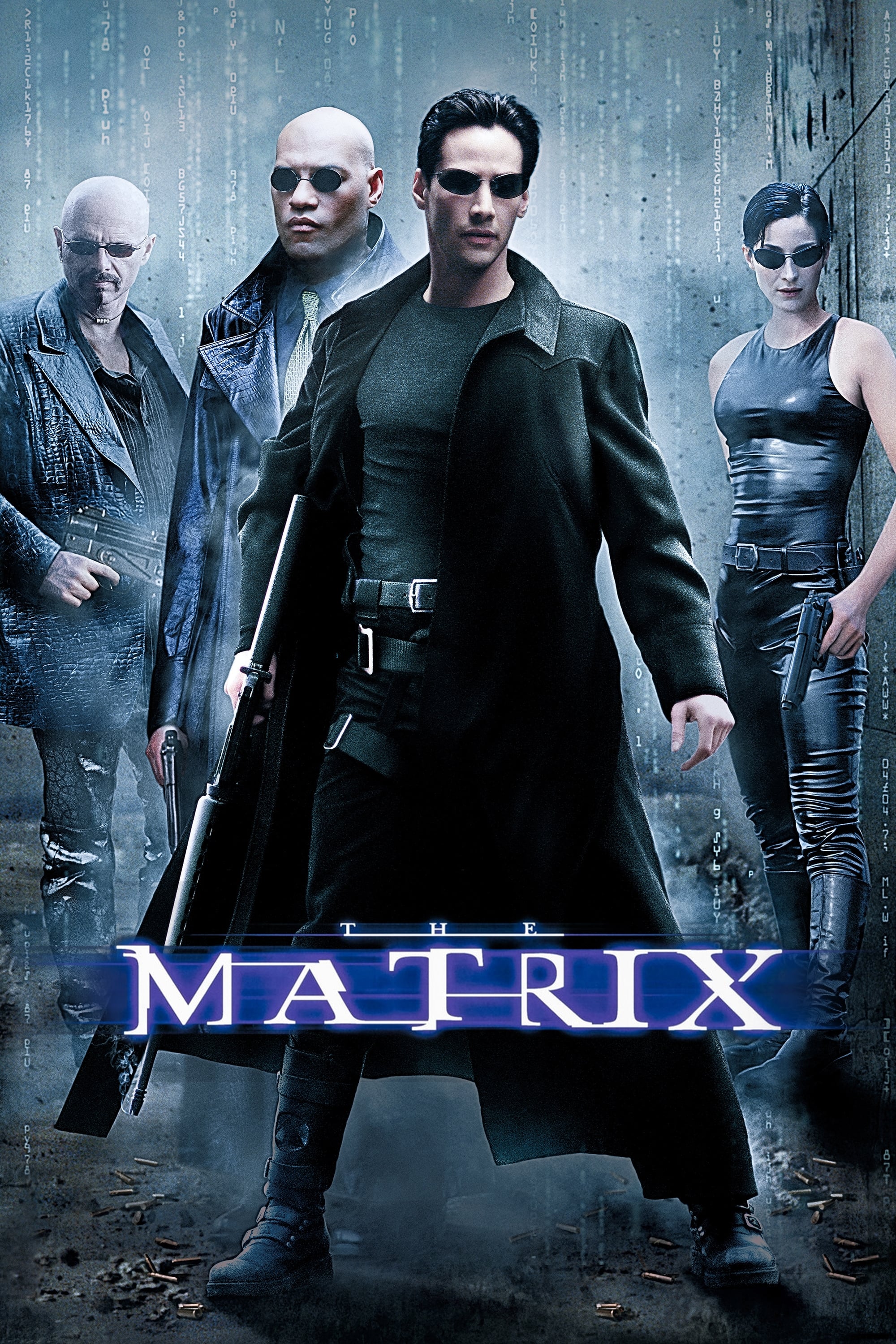
Despite its strong association with the movie The Matrix, Morpheus never actually says “What if I told you.” This phrase became popular thanks to internet memes, which used an image of Laurence Fishburne to introduce ‘what if’ scenarios. In the film, Morpheus explains reality and the choice between the pills without ever using that specific wording. It’s a great example of how online culture can change our memory of movie lines.
‘Forrest Gump’ (1994)
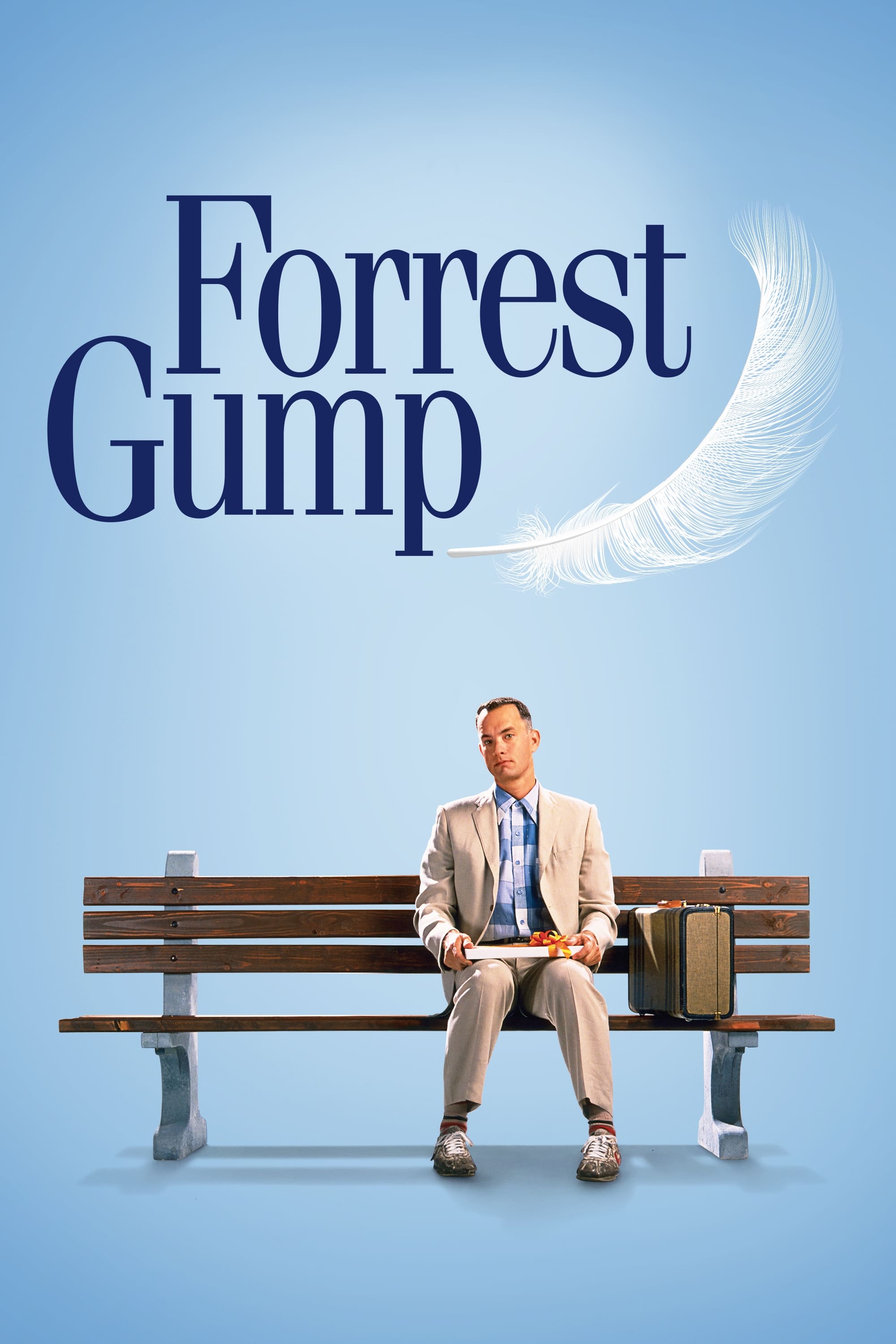
Forrest is sitting on a bench, remembering something his mother used to say about how unpredictable life is. He explains that she told him “Life was like a box of chocolates,” talking about her advice in the past. While many people now say “Life is like a box of chocolates” as a general truth, the character Forrest is specifically recalling lessons he’s already learned, rather than stating a universal fact.
‘Tarzan the Ape Man’ (1932)
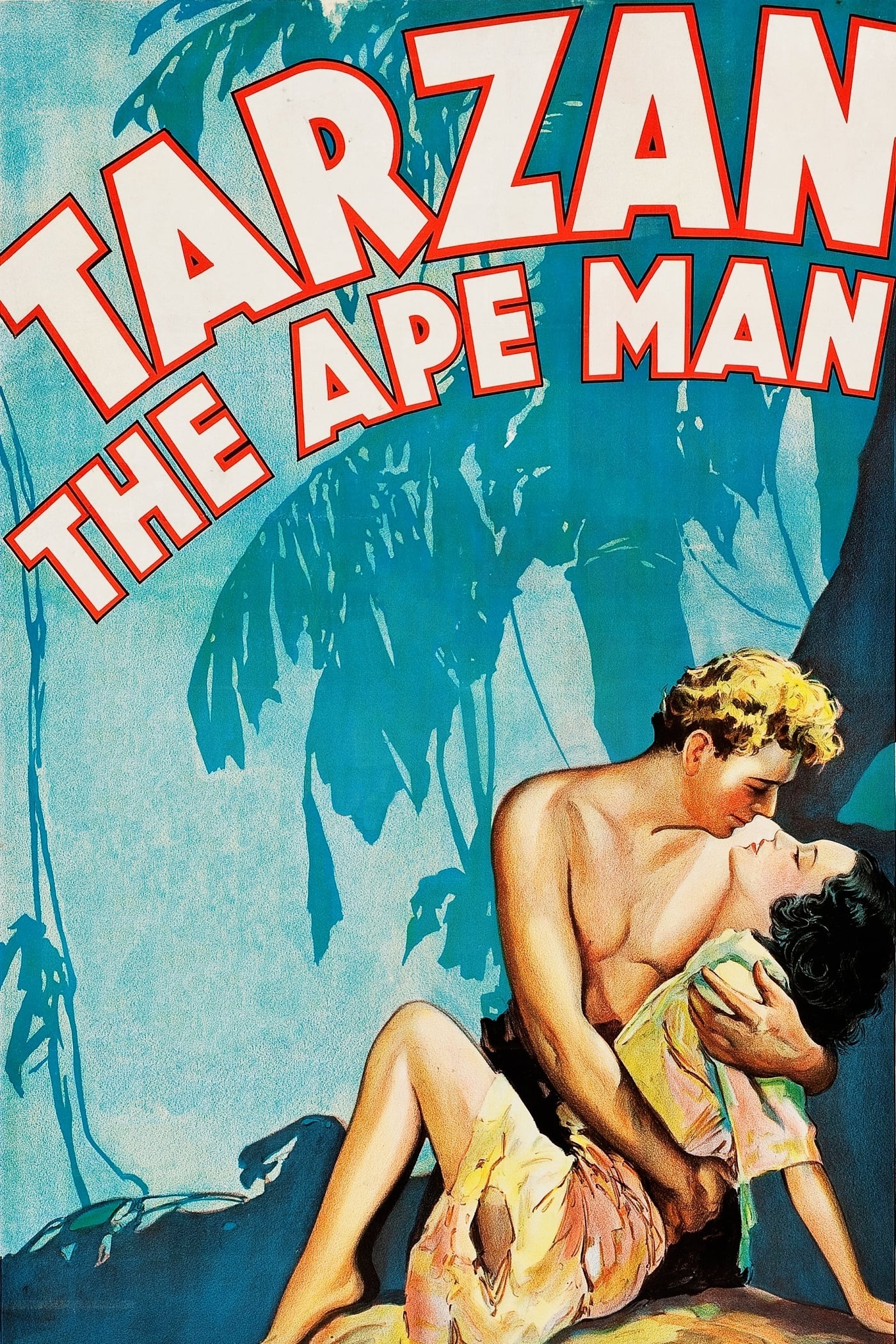
I always thought Tarzan said “Me Tarzan, you Jane,” but I recently learned that’s not actually true! In the original films, when he meets Jane, he doesn’t say that phrase at all. Instead, he just points to her and says “Jane,” then points to himself and says “Tarzan.” It’s a really simple way to introduce themselves. Apparently, that famous line was probably made up by people making fun of how basic the dialogue was in those old jungle movies.
‘Wall Street’ (1987)
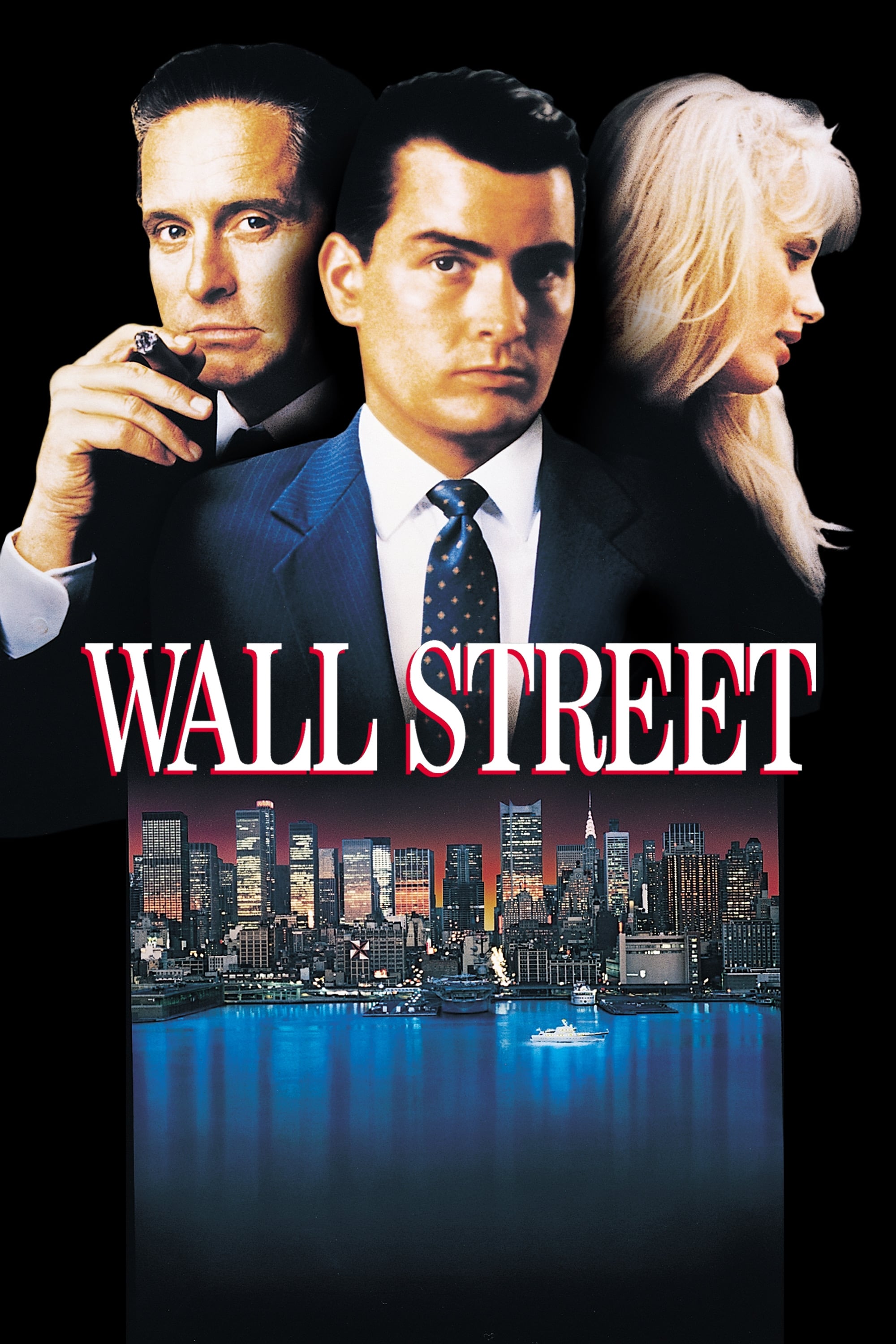
Gordon Gekko’s famous speech on capitalism is more complex than people often realize. He actually says, “Greed, for lack of a better word, is good,” which shows a bit of hesitation and thought. However, the shortened version, “Greed is good,” makes his idea seem much more direct and like a simple catchphrase than it is in the full speech.
‘The Graduate’ (1967)
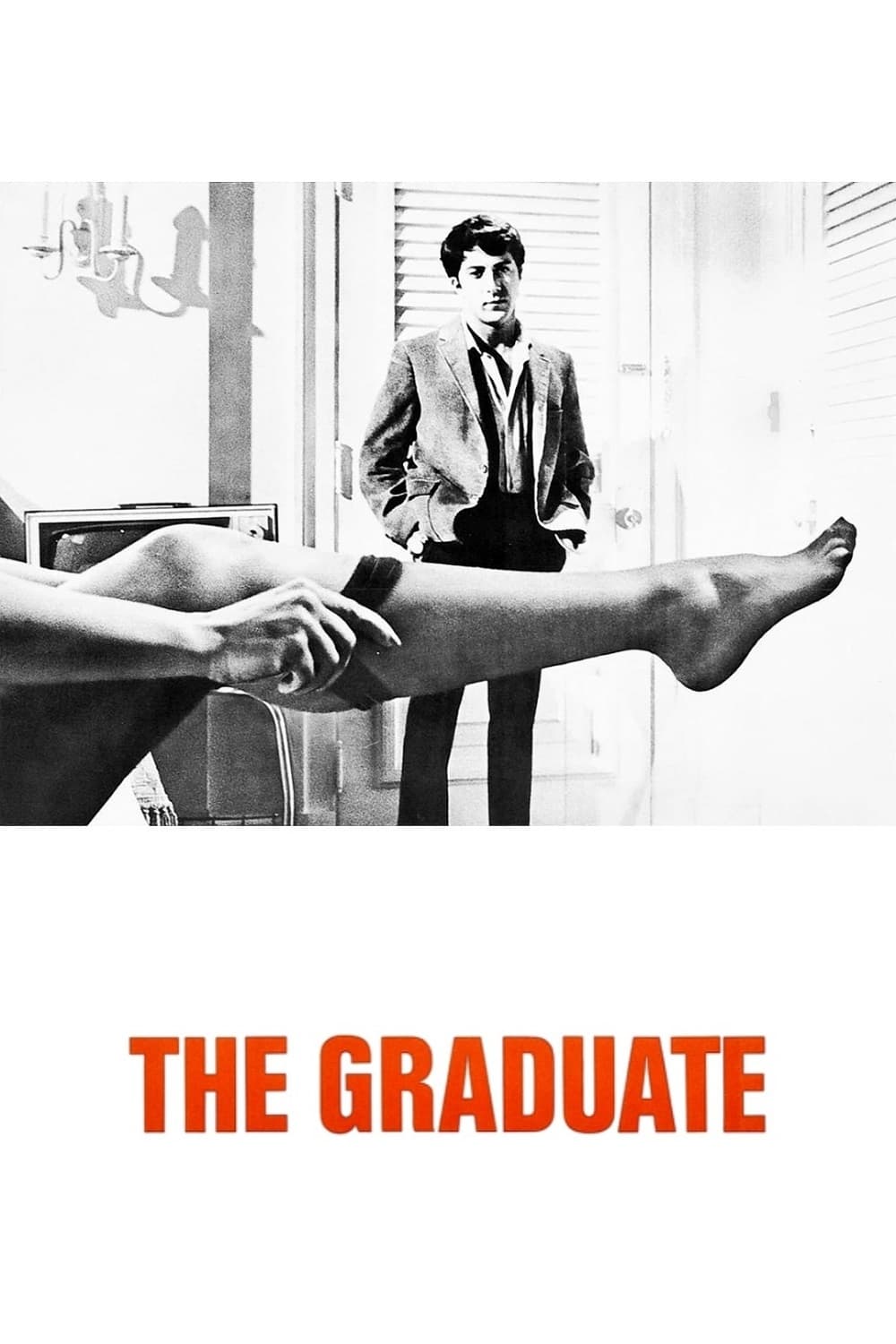
Most people recall Benjamin Braddock directly accusing Mrs. Robinson of seduction, but the actual line is a question: “Mrs. Robinson, you’re trying to seduce me?” He immediately follows it with “Aren’t you?” This phrasing reveals his confusion and insecurity. The commonly misquoted version transforms his uncertainty into a bold accusation, which doesn’t fit with the character’s generally awkward personality.
‘Risky Business’ (1983)
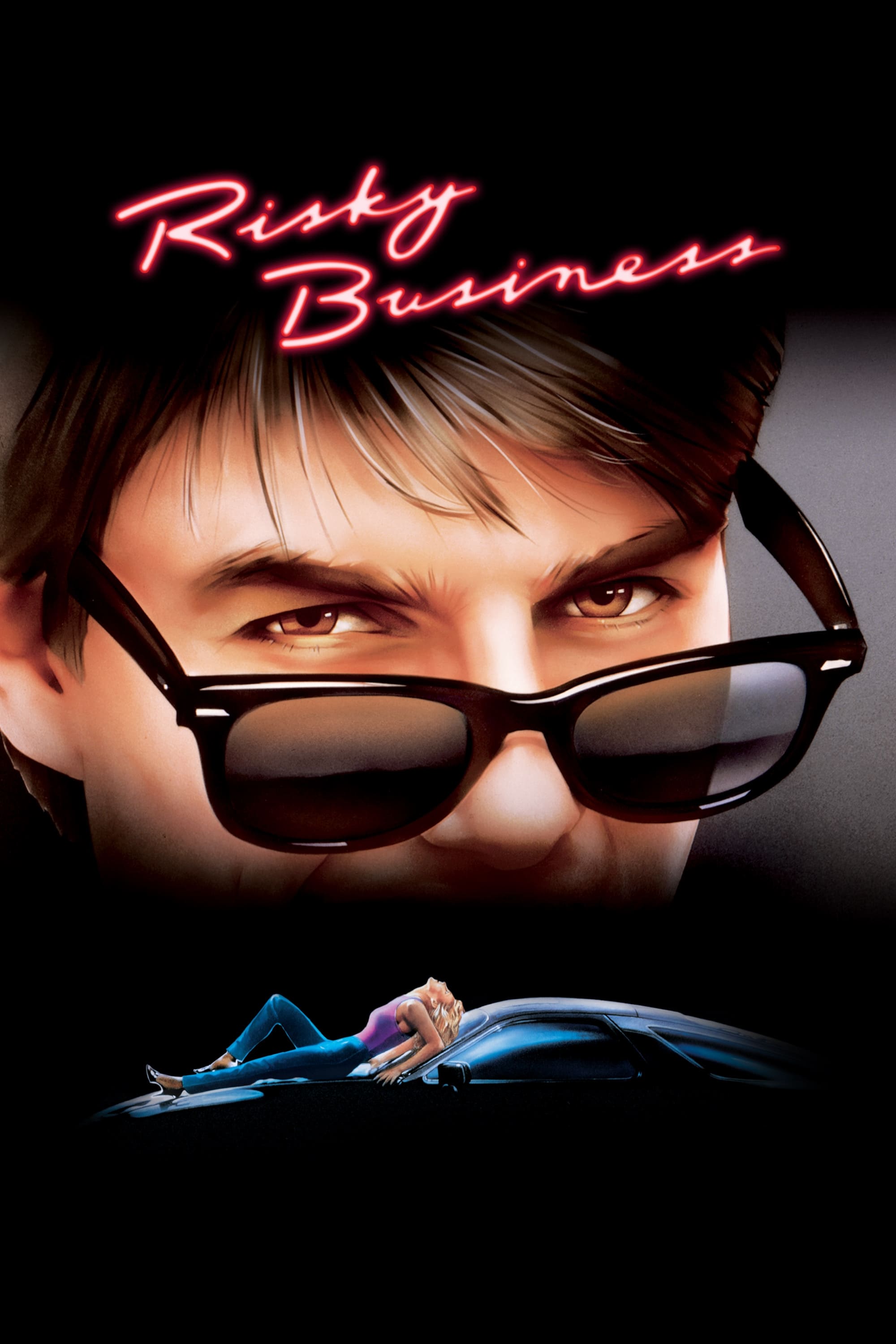
Everyone remembers Tom Cruise dancing in his living room in the movie Risky Business, often picturing him in a white shirt and sunglasses. However, in the actual scene, he’s wearing a pink shirt and socks, and surprisingly, he doesn’t wear sunglasses while sliding across the floor and pretending to sing. Over time, people’s memories have blended the image of him from the movie’s promotional posters with what he’s actually wearing during the famous dance.
‘Psycho’ (1960)

The famous shower scene relies on fast cuts and clever editing to suggest violence, rather than showing it directly. Although it appears graphic, the knife never actually breaks the skin of the person being attacked. Alfred Hitchcock famously used chocolate syrup to simulate blood and sped up the editing to create the impression of stabbing. Many viewers strongly believe they saw the knife enter the body, even though the scene doesn’t explicitly show it.
‘Midnight Cowboy’ (1969)
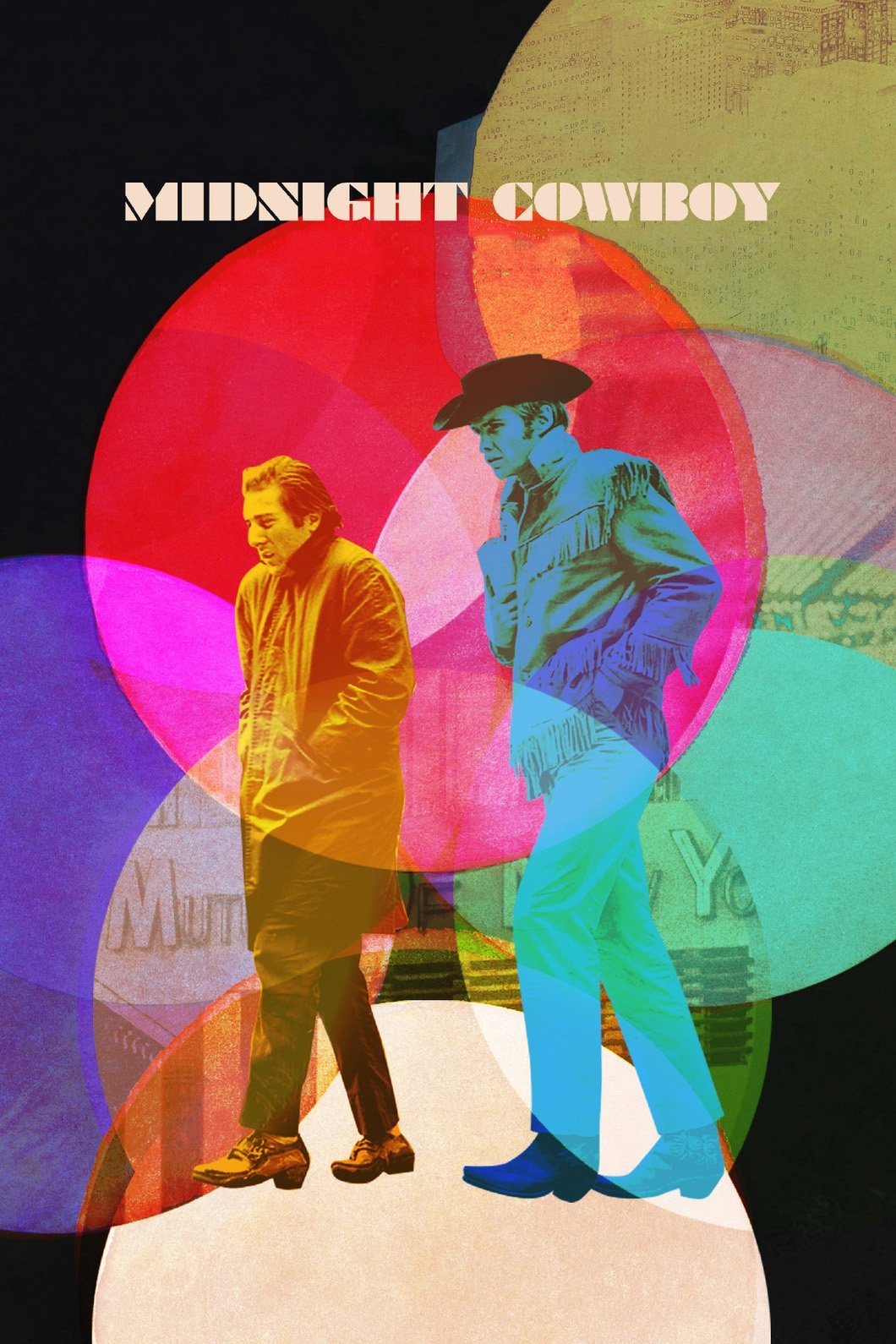
Dustin Hoffman’s iconic line, “I’m walkin’ here,” wasn’t written in the script. He actually shouted it at a New York City taxi driver who drove through the filming area and nearly hit the actors. The director kept the moment in the film because it felt authentic to the city’s rough and realistic setting. It was a spontaneous reaction to a genuinely dangerous situation, not something planned beforehand.
‘Dracula’ (1931)

You know, it’s funny – everyone thinks of Bela Lugosi in Dracula saying ‘I want to suck your blood,’ but he never actually says that line in the original movie! That’s a total myth that came about later, through all the parodies and other vampire films that followed. What makes Lugosi so chilling isn’t some over-the-top threat, but his incredibly hypnotic gaze and those slow, deliberate movements. The dialogue in the original is actually really refined and aristocratic – a far cry from the cartoonish line everyone remembers. It’s all about suggestion and atmosphere, not blunt declarations!
‘A Few Good Men’ (1992)
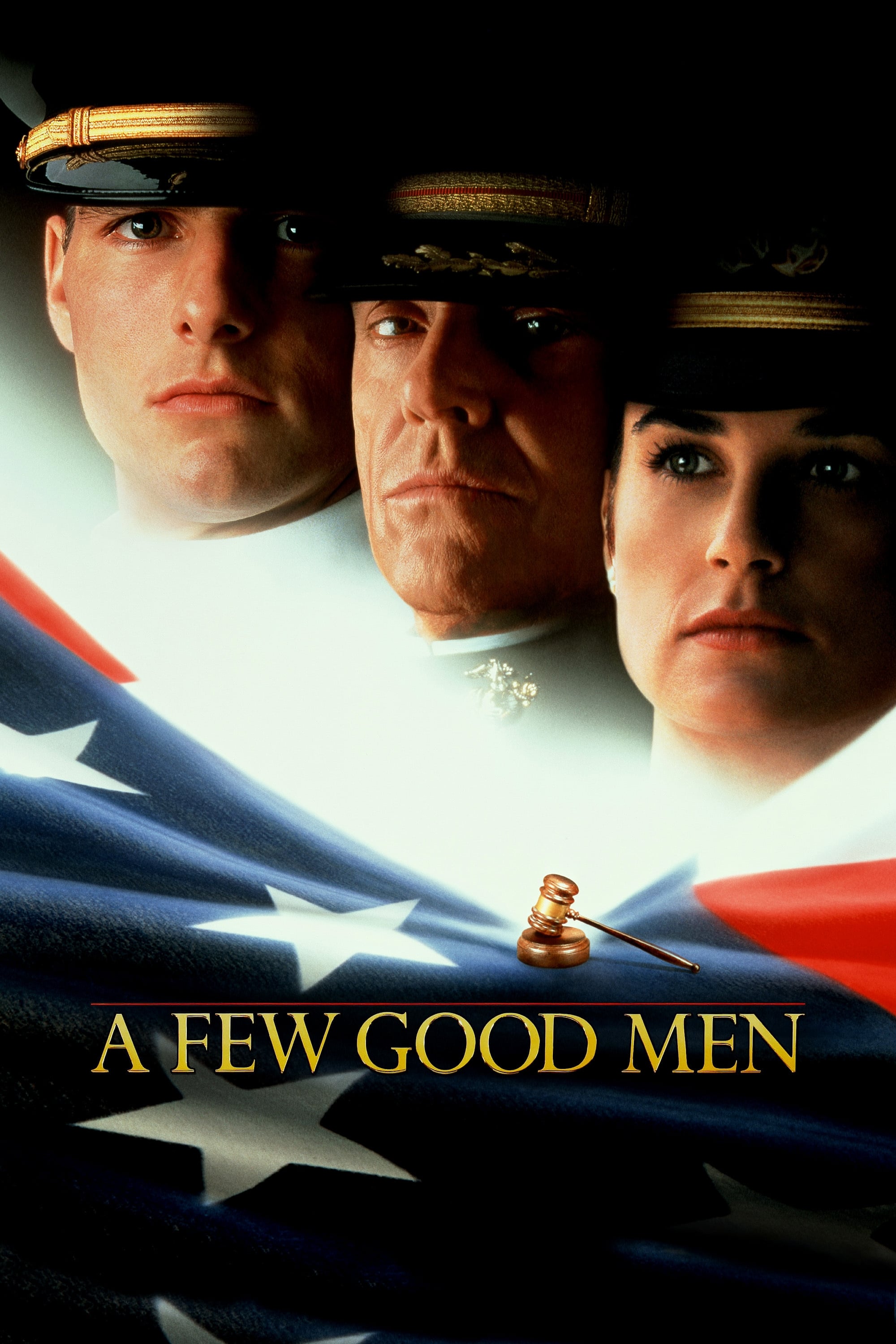
The famous line, “You can’t handle the truth,” is delivered by Jack Nicholson only after Tom Cruise demands “I want the truth” – not the commonly mistaken “I want the answers.” The timing and back-and-forth of this exchange are essential to building the intense anger of Colonel Jessup, and misquoting the initial line weakens the powerful climax of the courtroom scene.
‘E.T. the Extra-Terrestrial’ (1982)
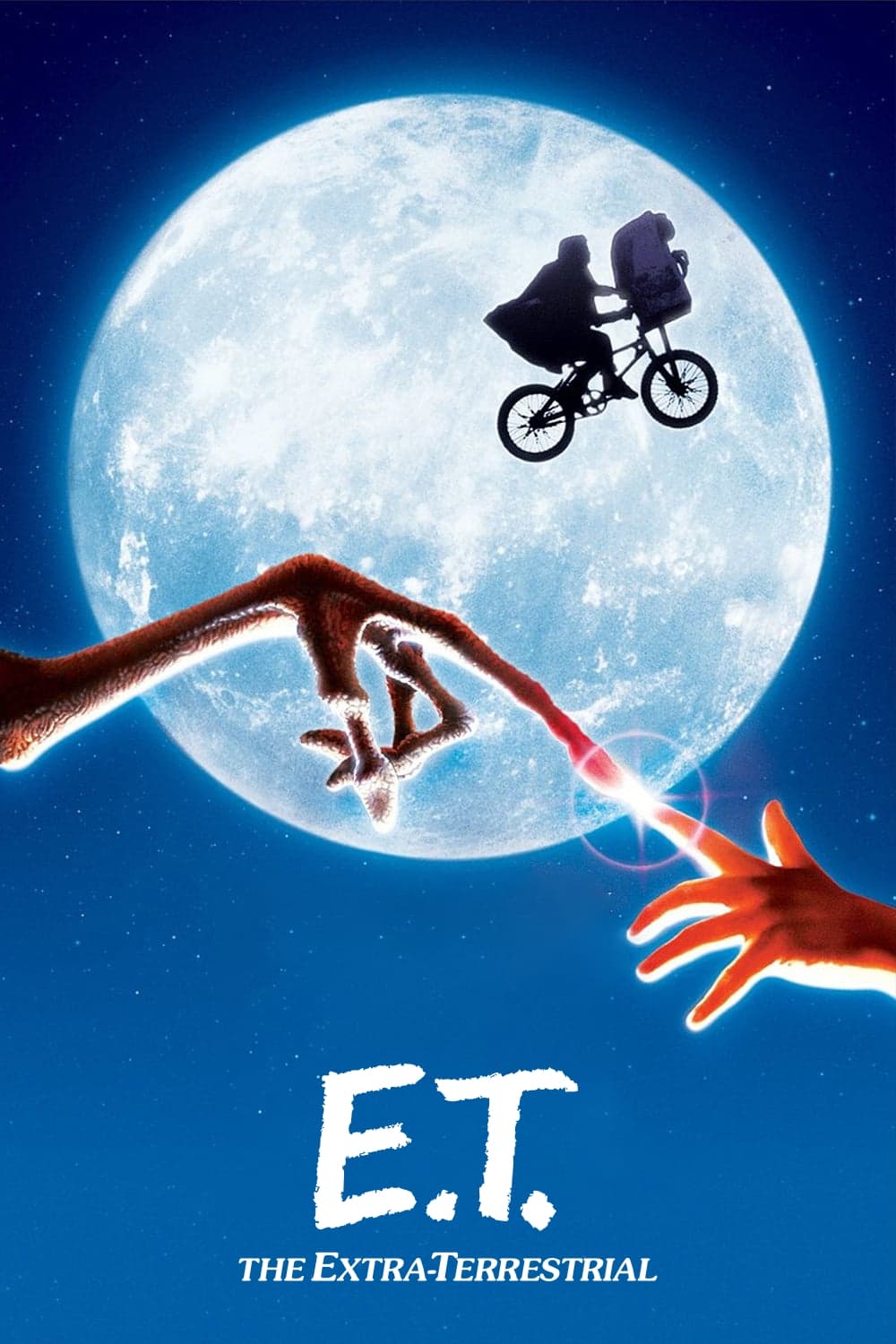
The alien learns to talk and asks to call his home planet. He first says “E.T. home phone,” but a character named Gertie later corrects his grammar. This corrected phrase, “E.T. phone home,” became the movie’s famous tagline and the version most people remember. We often forget that the alien initially struggled with the correct wording.
‘Crocodile Dundee’ (1986)
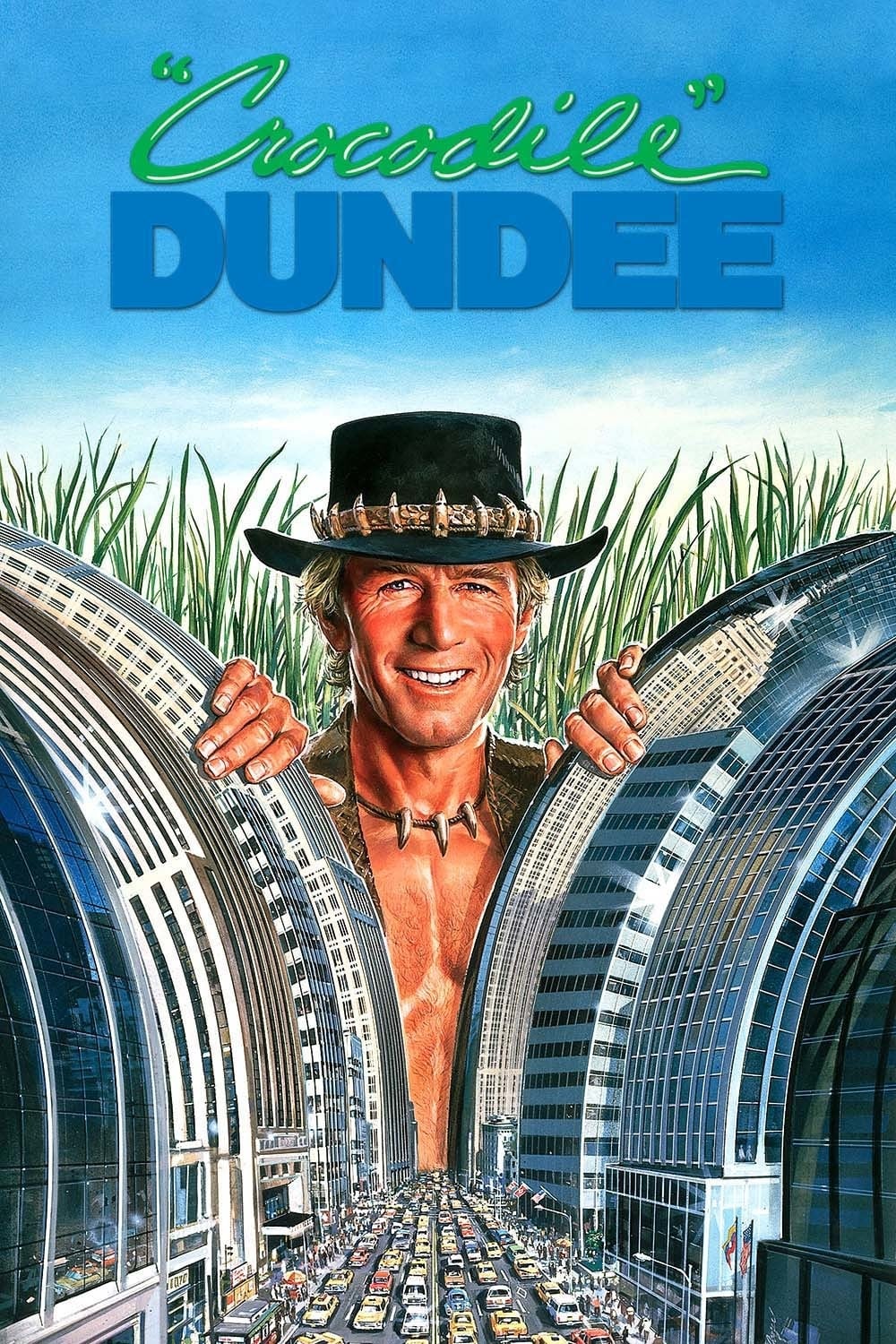
In the movie Crocodile Dundee, Mick Dundee disarms a mugger and famously declares, “That’s not a knife.” He then dramatically reveals his own much larger knife, saying, “That’s a knife.” Many viewers remember the line with an added “this” – “This is a knife” – but the original script intentionally left out the word ‘this’ to make the line short and impactful.
‘Titanic’ (1997)

For years, fans have debated whether Jack and Rose could both have fit on the floating door. However, the movie makes it clear the issue wasn’t how much space there was, but whether the door could keep them afloat. When Jack tries to get on, the door starts to sink, showing it was their combined weight, not the size of the door, that was the problem. The door looked big enough, but that misled viewers into thinking there was enough room when it was actually a matter of physics.
‘Pulp Fiction’ (1994)

Jules Winnfield has a habit of quoting a passage from Ezekiel 25:17 before he kills someone. However, most of the speech in the movie isn’t actually from the Bible; Quentin Tarantino made it up. Only the very last line is a direct quote from the scripture. Tarantino drew inspiration from many sources to create a powerful and intimidating speech that sounds biblical.
‘Independence Day’ (1996)
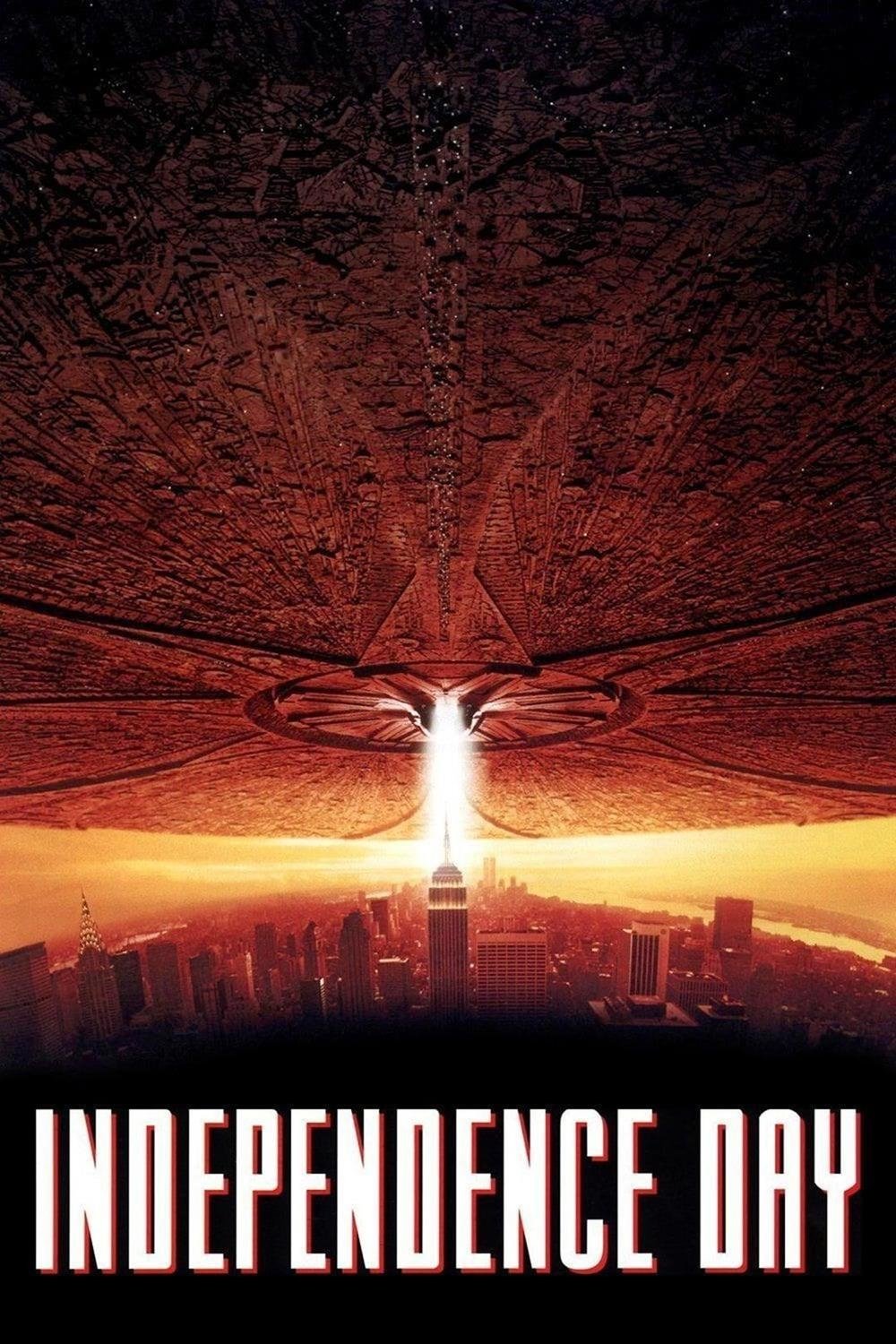
In the movie, Will Smith punches an alien after pulling it out of a crashed spaceship. He then famously says, “Welcome to Earth.” A common misremembering of the scene is that he says “Welcome to Earf” with a noticeable accent, but the close-up shot actually shows him clearly pronouncing “Earth.”
‘The Lord of the Rings: The Fellowship of the Ring’ (2001)
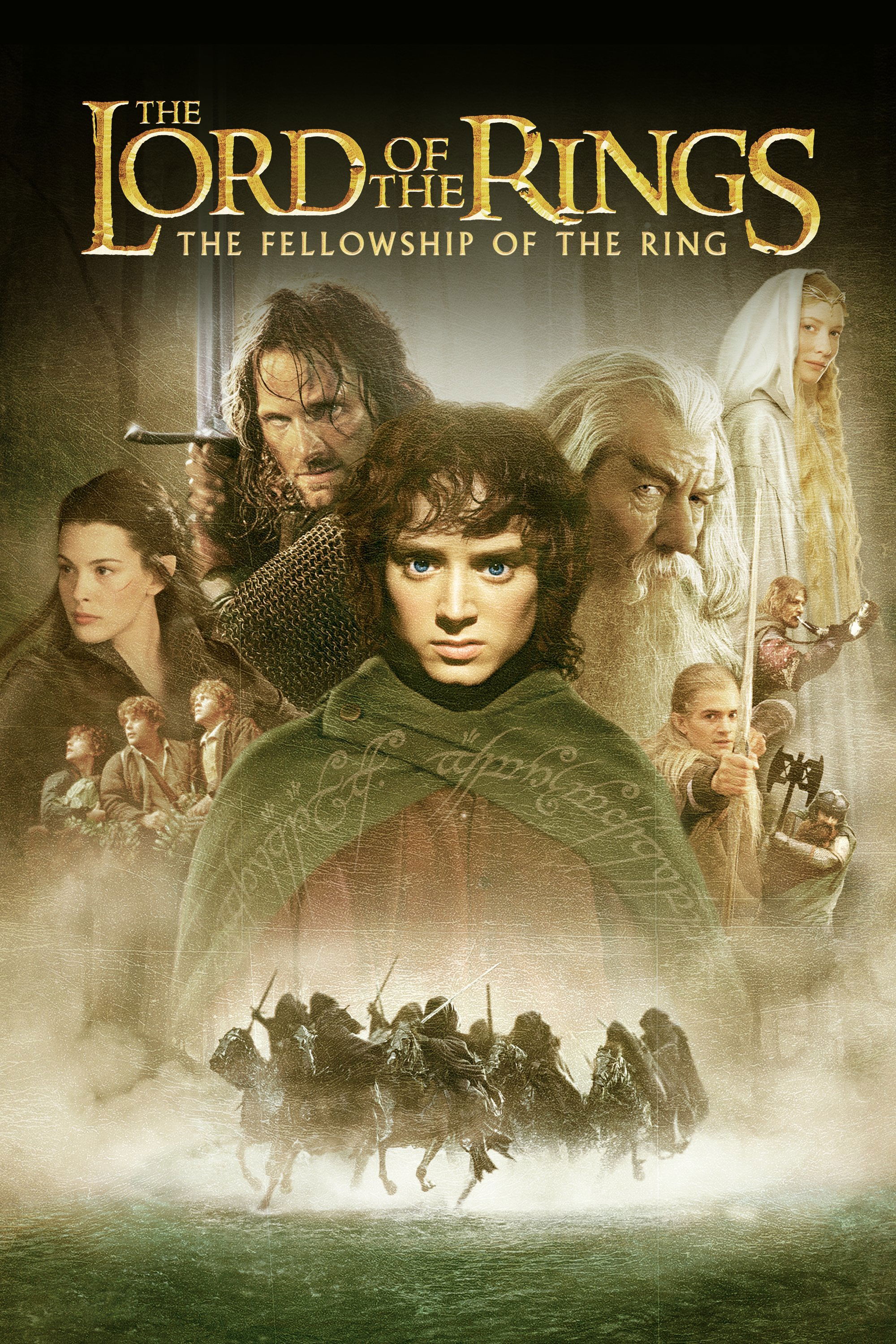
I’ve always been struck by that moment in Moria, with Gandalf hanging precariously over the abyss. His final shout to the Fellowship – “Fly, you fools!” – is so powerful. It’s funny how many people remember it as “Run, you fools,” but that really takes away from the magic of the line. Gandalf wasn’t telling them to run in the modern sense, but to flee, to escape quickly – he used ‘fly’ in its older meaning, which is just perfect for the setting and his character.
‘Planet of the Apes’ (1968)
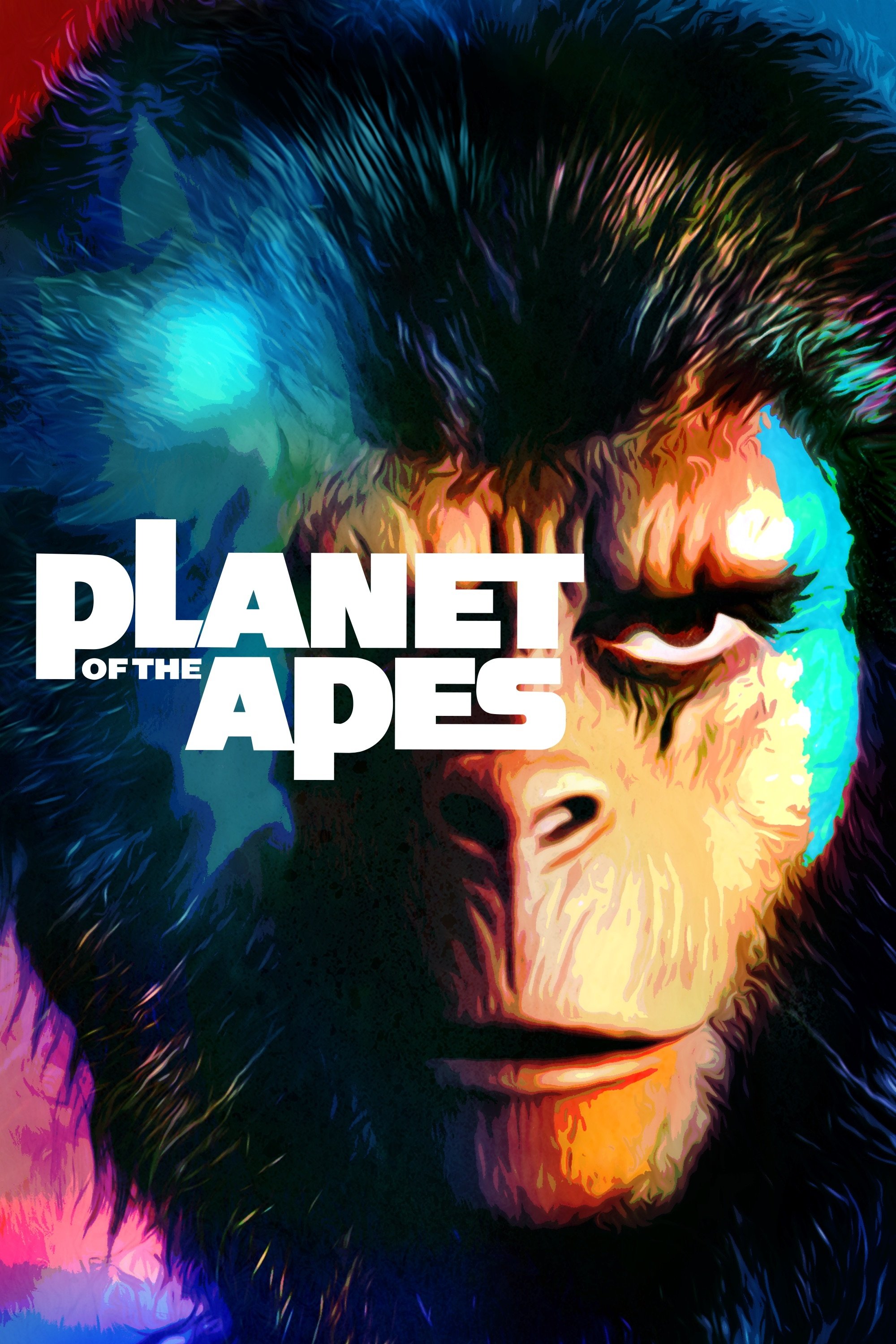
In the movie Planet of the Apes, Charlton Heston famously yells at his ape captors after being caught in a net. His full line is, “Take your stinking paws off me, you damned dirty ape.” It’s often remembered as “Get your stinking paws off me, you damn dirty ape,” but the original version is longer and has a distinct rhythm that the shorter quote doesn’t capture.
‘Spider-Man’ (2002)
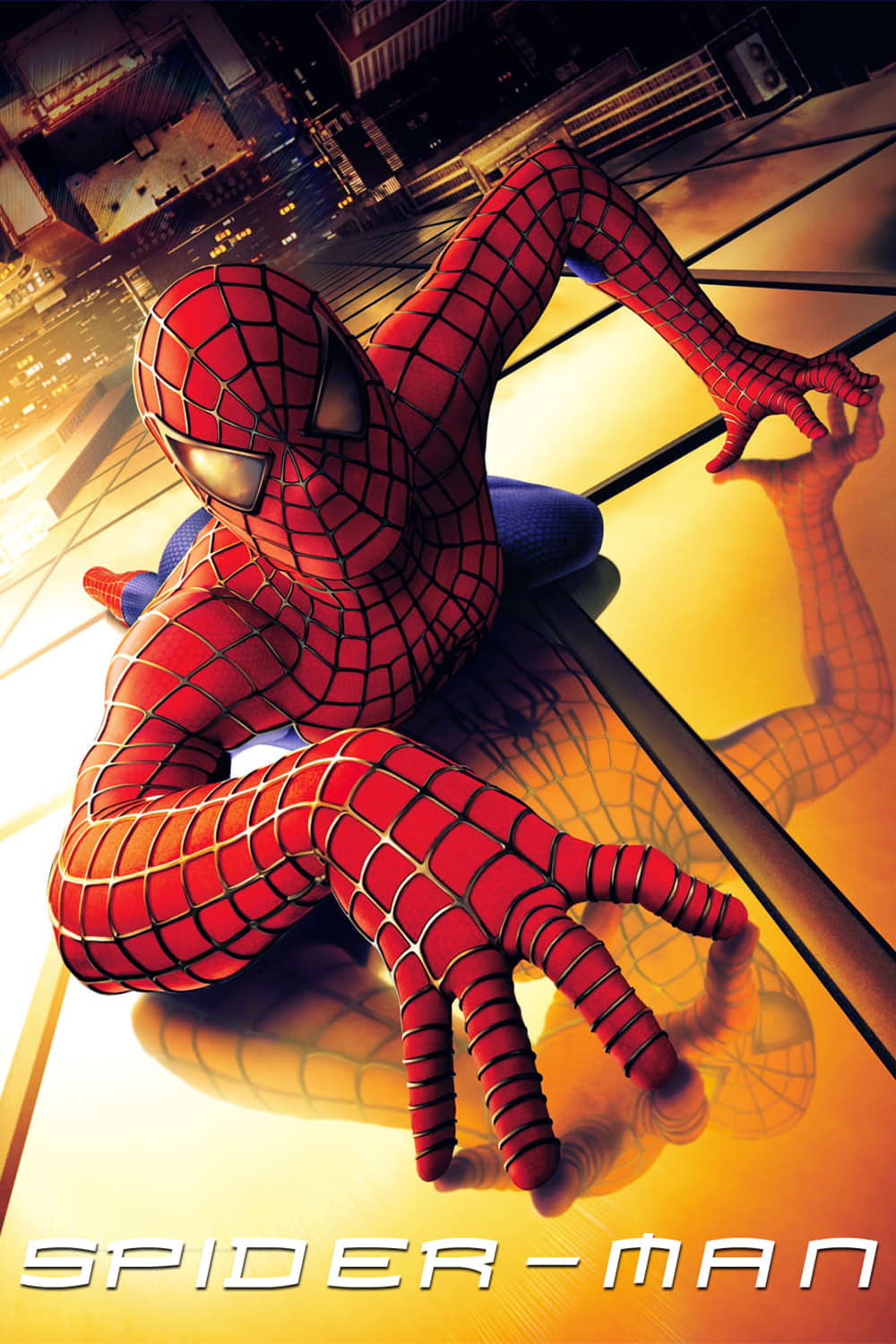
In the first Spider-Man movie directed by Sam Raimi, Peter Parker doesn’t create his web-shooters. Instead, he develops the ability to shoot webs naturally from his wrists, a change from the comic books where he builds the devices himself. It’s easy for fans to get the different movie versions mixed up and forget whether Spider-Man made his own web-shooters or gained the ability organically.
‘Alice in Wonderland’ (1951)
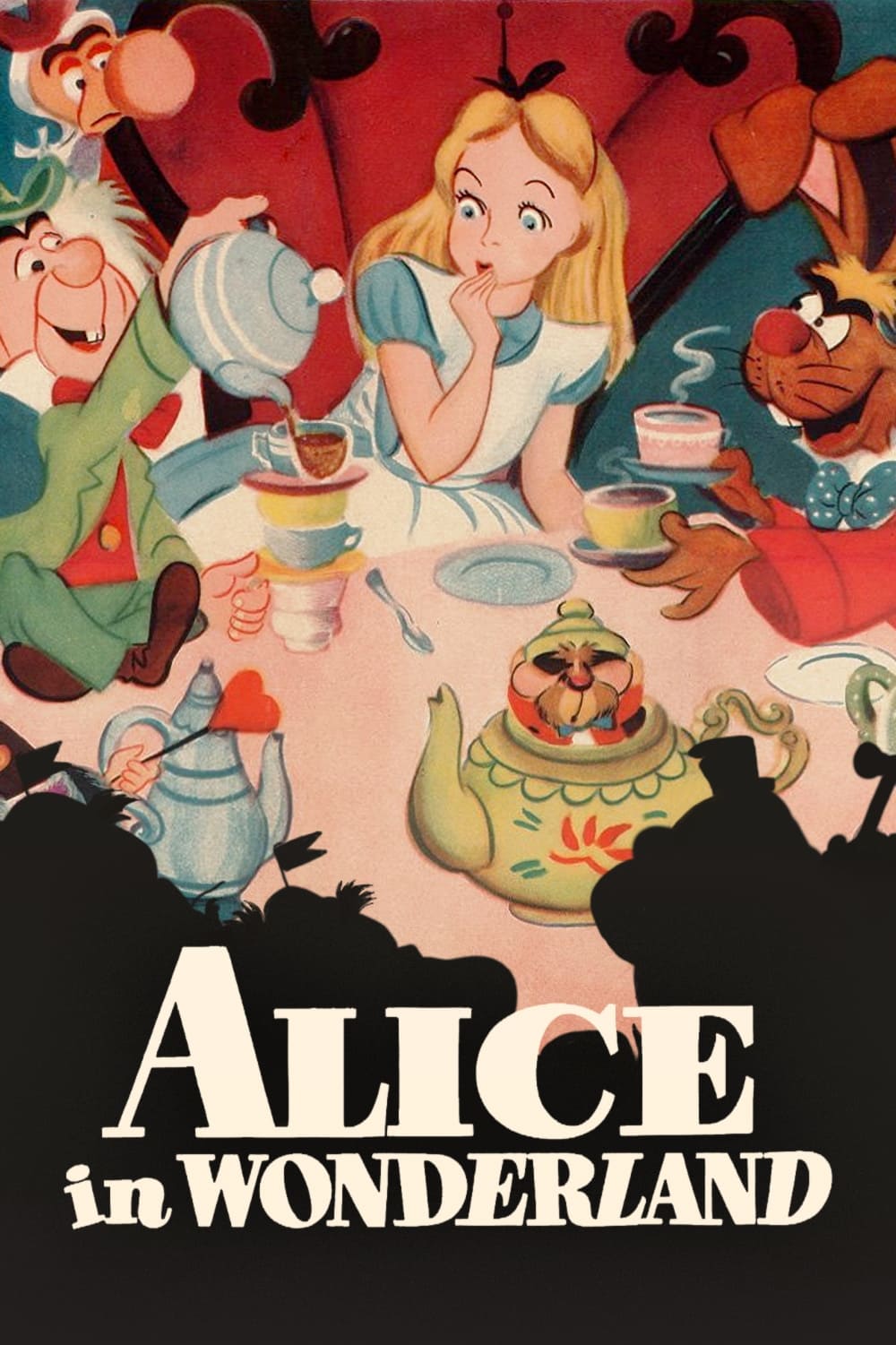
Interestingly, the Cheshire Cat doesn’t actually say “We’re all mad here” in the Disney movie. He actually says, “Most everyone’s mad here.” The movie changed a line from the original Alice in Wonderland book, but over time, popular culture – like merchandise and internet memes – has started using the book’s original wording, even though most people know the line from the film.
Tell us in the comments which of these movie misconceptions you believed for the longest time.
Read More
- 2025 Crypto Wallets: Secure, Smart, and Surprisingly Simple!
- Gold Rate Forecast
- Brown Dust 2 Mirror Wars (PvP) Tier List – July 2025
- Banks & Shadows: A 2026 Outlook
- Gemini’s Execs Vanish Like Ghosts-Crypto’s Latest Drama!
- Wuchang Fallen Feathers Save File Location on PC
- QuantumScape: A Speculative Venture
- The 10 Most Beautiful Women in the World for 2026, According to the Golden Ratio
- ETH PREDICTION. ETH cryptocurrency
- When Wizards Buy Dragons: A Contrarian’s Guide to TDIV ETF
2025-11-23 16:48